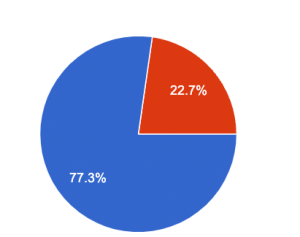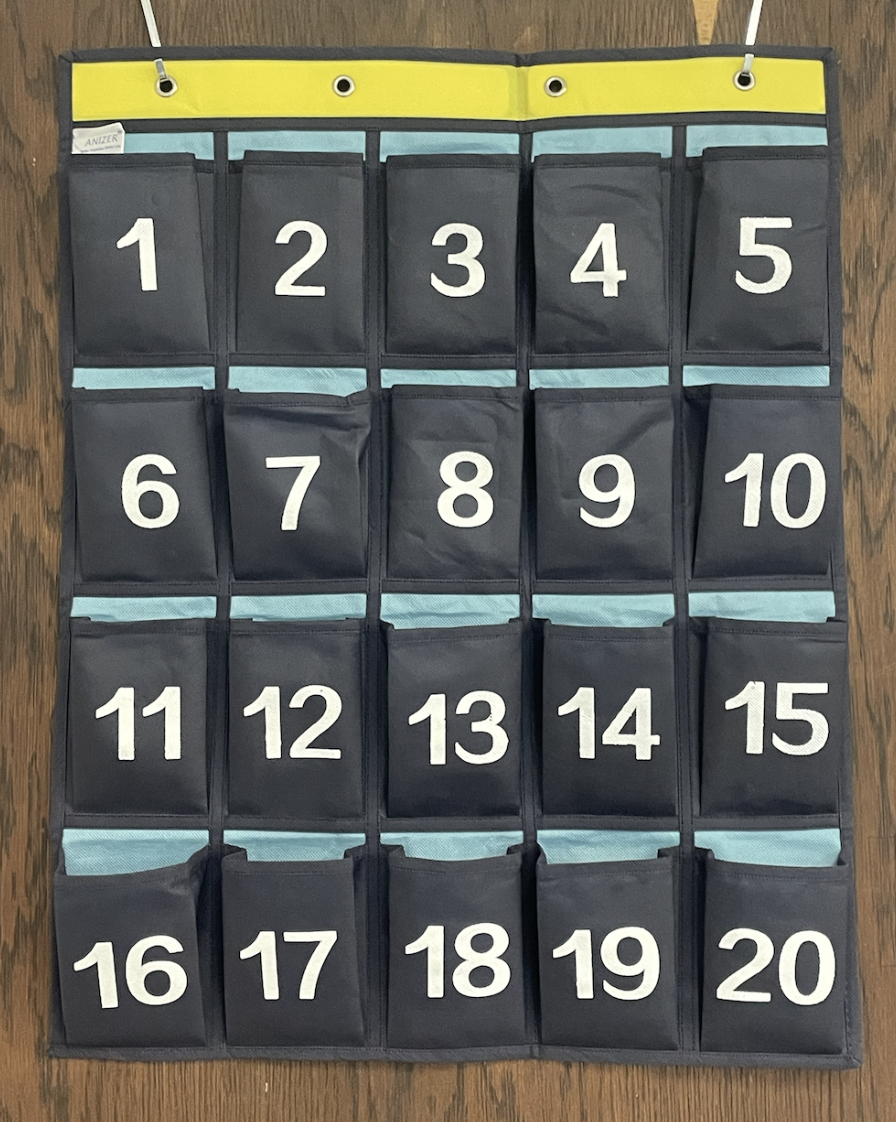A first job–whether a babysitter or cashier–is a core memory for most teenagers. But just how integral is employment for a student’s sense of financial responsibility, work ethic, and overall life insight?
Teenage employment can be a product of demographic factors and sensitive financial situations. Not all individuals have the privilege to perceive their first job as an “experience,” but instead, they might be forced into work out of necessity.
In the context of Pascack Hills, 77.3% of survey respondents reported having had a job, as compared to the US average of 30%. Yet in a schoolwide survey, only 14.3% of respondents selected “financial necessity” as a reason for employment.
Rather, the majority of students credited “experience” as their primary motivation, whether from personal passions or parental influence. Likewise, 90.5% indicated wanting to earn “their own” money.
Locally, these results identify a driving force for teenage employment: exposure to the real world. An entry-level job, regardless of how monotonous, represents a lifelong milestone–critical along the route to adulthood.

having a part time/full time job.
Most Hills students reflected on their jobs with gratitude, characterizing their time as deeply impactful.
Hills senior Mia Hennessy appreciated her time at a chiropractic office.
“It teaches them how the world works,” she said.
Despite the harsh realities of her job, an anonymous junior agreed that the experience was enriching overall.
“I had a boss who was very nit-picky…Even though I hated my first job…I was grateful for the job, opportunity, and experience,” she said.
Whether it be chasing children as a camp counselor, or scrubbing dishes as restaurant staff, a first job experience leaves teens deeply imprinted. In exchange for their work ethic, a student is financially rewarded–giving tangible value to their investment of energy and time.
With optimism, several Hills faculty members offered insight. In all of the collected statements, teachers accentuated the “real world” elements of employment.
Elise Naramore, a Hills science teacher, shed light on the realities that accompany ‘real-life’ work.
“Experiencing the inevitable inconveniences, indignities, and insults that come with an entry-level job…putting a pleasant face on regardless of liking the job…all of these things are real-life lessons,” she said.
Many other faculty members pointed to the vital wisdom learned from employment.
“Real-work experience is a rite of passage,” said Katherine Donahue, a Hills English teacher.
Another Hills English teacher, Ed Sandt, commends it as a natural chapter of growing up.
“I’ve always thought it important to treat young people like the adults we expect them to become. If we treat them like kids – then that is what they’ll always be…Exposure to different types of people–their strengths, weaknesses, worries, and accomplishments…are what make us well-rounded, empathetic human beings,” he said.
Differently, some Hills students felt that their jobs awarded no such praised “lessons.”
“Teenagers need to focus on moving forward…instead of focusing on material ‘milestones’ that only hold them back,” said an anonymous junior.
Another anonymous junior called his minimum-wage job a “waste of time.”
“If you want to progress in life and give your children a better future than your own (which is my goal), you need to push the boundaries and not waste away at a minimum wage job for spending money,” he said.
These students demonstrate a goal-oriented mindset, as opposed to the experience-oriented perspective of most. They argue that tedious jobs are unproductive in comparison to their intentions of “greater” success.
Ultimately, with financial stability, a teenage job is a personal choice. While this mindset emphasizes career “advancement,” others focus on the grounding, humbling experience of entry-level work. Yet, both frames of mind boil down to a youthful desire for long-term success–whether it be through gaining good sense or quantifiable payment.
Sources:
https://evolvetreatment.com/blog/pros-cons-teenage-jobs/












































